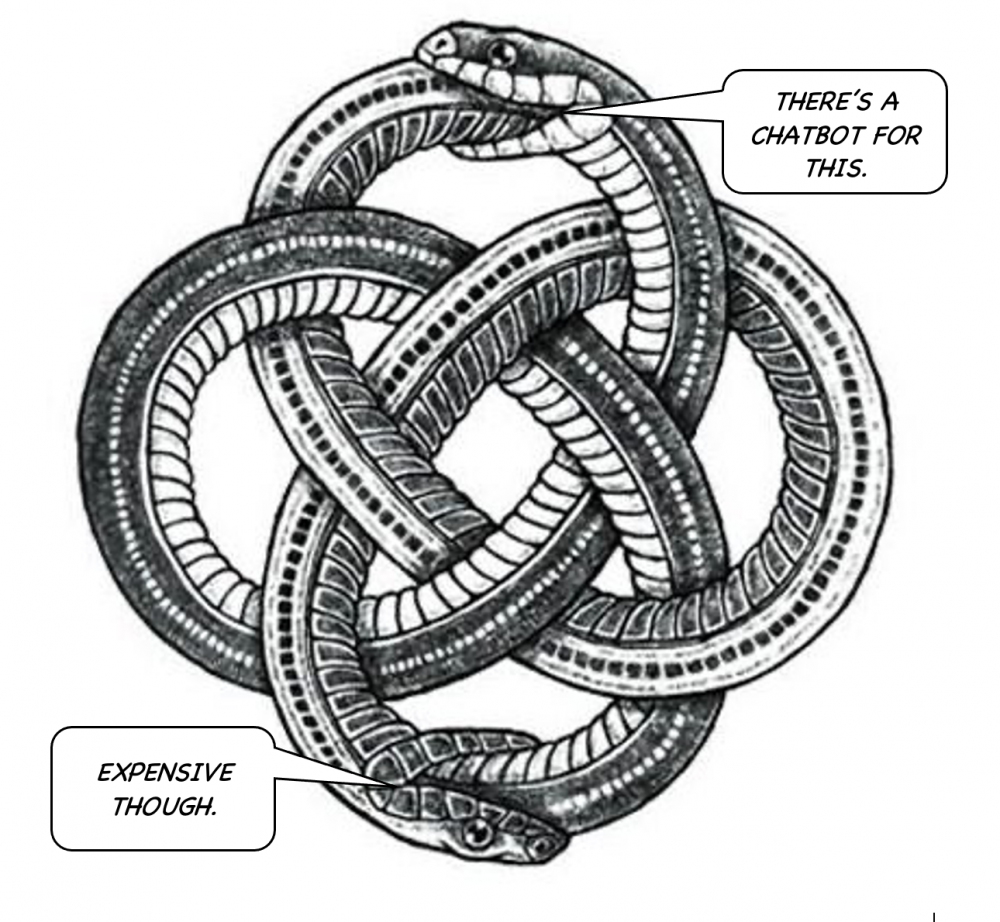Cultural appropriation
|
Cultural appropriation
/ˈkʌlʧᵊrᵊl əˌprəʊprɪˈeɪʃᵊn/ (n.)
The inappropriate, problematic or unacknowledged adoption of elements of one culture by members of another. an exploitative form of colonialism.
In the neuroticist’s un-ending quest to find things about to be upset about on behalf of others, the wilder-eyed of our number have taken up intellectual property, a cultural concept squarely rooted in the western intellectual tradition — yes, that western intellectual tradition, the one that colonised the planet and ruined the natural world — egregiously misunderstood it, and then to misapplied it to cultural and linguistic situations in a way that makes sense at all to anyone but — well, a libtard.
As usual, this whole palaver is steeped in irony. It is amusing enough that “cultural appropriation” is, thus, in itself a brazen act of cultural appropriation, from the very western oppressors against whom it is usually used, but even better is it that this, of all western intellectual traditions, should be the one the critical theorists should latch on to, since property rights of any kind, let alone in abstract concepts like culture, were one of the more pernicious traditions western colonists imposed upon their dominions.
Segregating certain historical behaviours and then reserving them for sections of the community is so profoundly illiberal — isn’t it? — and profligate — why waste good ideas? — and generally wounding to the cause of cultural education, progress, integration, and for that matter preservation. There is no monopoly on good ideas.
Well, there wasn’t, until some capitalists invented a way of asserting monopoly rights over good ideas and — ironically — forgot to patent it.
It’s all about the memes, stupid
This preposterous idea misunderstands “property” at an even deeper level, for it presumes that members of a culture own, or have some kind of moral right to control, their culture. This is to get things precisely backwards: we do not own our culture; our culture owns us. It will decide where it spreads. We are but vessels.
In the same way one can say it was not humans who domesticated wheat but vice versa,[1] we should regard useful cultural artefacts as units of memetic transmission, replicating themselves wherever they can find a suitable host. We are those hosts. (It is a pity the internet, er, appropriated Richard Dawkins’ coinage the “meme” for it captures this idea perfectly.)
We can see that the most resilient cultures are those whose memes replicate most freely, spreading their ideas into the brains of “aliens”, often displacing the cultural memes that were already there. You know; colonising those brains. The real concern for a culture ought not to be when disrespectful Westerners are spreading its ideas, but in the opposite case: when its own members are becoming infected with new ideas, displacing those of its own. That a culture should have any interest in controlling intellectual property — thereby artificially restraining the free movement of its ideas — is the perverse western idea.
